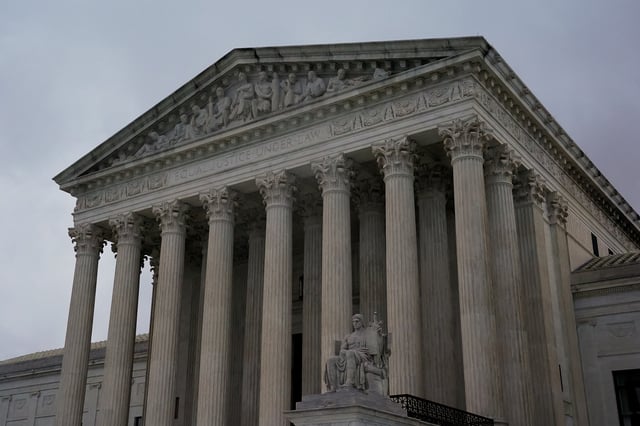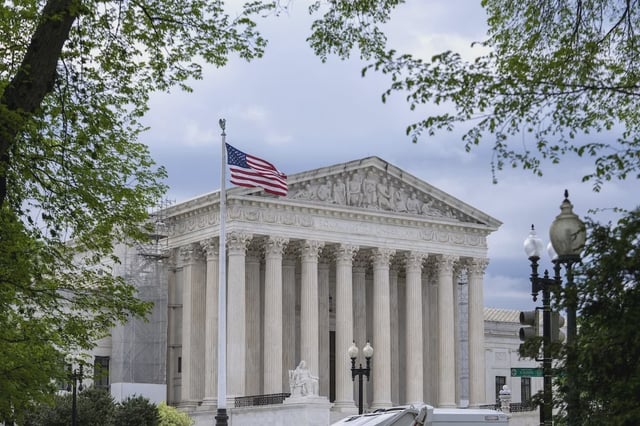Overview
- The Supreme Court’s decision lets stand lower-court rulings that rejected Virginia’s sovereign immunity argument and allowed the suit to proceed.
- Plaintiffs Tati King and Toni Johnson contend their drug possession and other convictions were not felonies at common law in 1870 and so cannot trigger the state’s lifetime ban.
- Virginia’s 1869 constitutional provision is one of three in the U.S. imposing a lifetime voting ban on all people with felony convictions unless rights are restored.
- The challenge invokes the 1870 Virginia Readmission Act, which conditioned the state’s return to Congress on limiting disenfranchisement to common-law felonies.
- Backed by the ACLU and law firm WilmerHale, the case adds to a broader movement opposing Reconstruction-era disenfranchisement laws that disproportionately affected Black voters.

